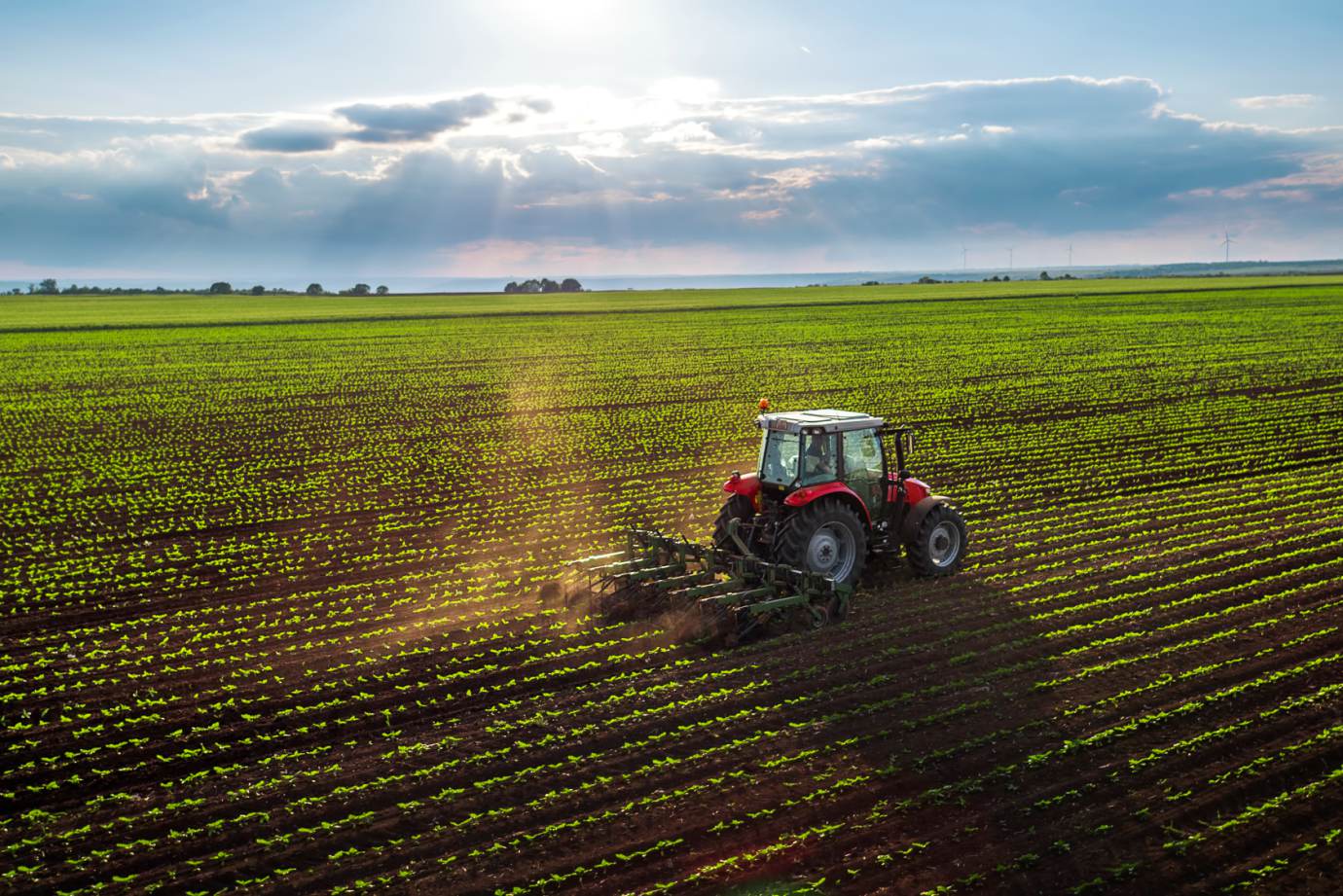RIO DE JANEIRO, BRAZIL – The increase in the agricultural sector’s Gross Domestic Product (GDP) this year and next year has been revised upwards by the Institute of Applied Economic Research (IPEA). The previous forecast was for a 0.5 percent growth in 2019 and the new projection points to 1.4 percent. In the case of 2020, the growth projection increases from 3.2 to 3.7 percent, according to the crop forecast.

All percentages are above what is expected for the economy as a whole. According to IPEA, in 2019 the national GDP should increase by a flat one percent. In 2020, growth should be 2.3 percent. Historically, agribusiness is accountable for one-fifth of Brazil’s gross domestic product (GDP).
“The GDP of agribusiness will drive the growth of national GDP,” said the president of IPEA Carlos von Doellinger, in a seminar on agribusiness in Brasília. “The agribusiness sector is behaving in a very favorable direction. It is a vocation of Brazil, the country has always had a comparative advantage,” he said.
Despite the historical effect on economic growth, the impact of farming and ranching on the whole economic activity is not linear: it fluctuates according to the product and length of its production chain.
“It depends on what is being produced and for which market. It is difficult to analyze this simplistically. We can’t assess the impact on the overall GDP,” said IPEA’s director of Macroeconomic Studies and Policies, José Ronaldo Souza Júnior, during the seminar.
“Some things are exported directly, they do not generate other effects in terms of industry. In the case of meat, it has an impact on the food industry. In the case of soybeans, they are poorly processed in Brazil, so they do not have that much impact in terms of industry,” adds the specialist in economic growth.
According to IPEA, the positive agribusiness performance has been driven by the production of cotton, corn, and eggs for the domestic market, combined with the growth of grain exports and the sale of beef, pork, and chicken.
There are productivity gains in these segments. According to Souza Jr, “agricultural productivity is improving. Both CONAB (National Food Supply Agency) and IBGE are not currently witnessing gains in areas under cultivation, but rather gains in productivity.
This retains the tradition of Brazilian agriculture being a sector that has continuously improved productivity.
Source: Agência Brasil

